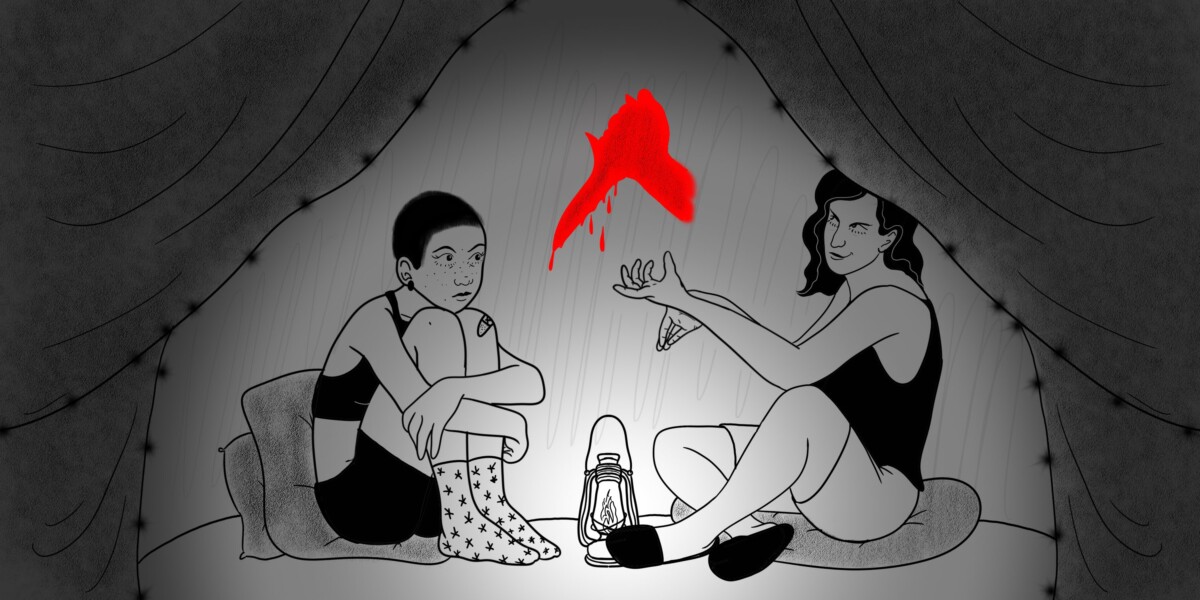Many women find comfort in tragedy because it reflects their traumas.
True crime once felt like my safe place, a fact that might sound eerie. I was introduced to the genre in 2018 when my favourite YouTuber, Savannah Brymer, started uploading true crime videos. At first, I just loved the storytelling aspect of it. But the more I listened to victims’ stories, the more I started noticing that I had developed an addiction to true crime.
It became part of my daily routine, and I would not go a day without putting a true crime podcast on to fall asleep. I listened to true crime while eating and getting dressed, or I would put it on as background noise. I can easily say that I have listened to over 100 such podcasts—most containing detailed descriptions of torture and abuse. I did not understand why I was interested in violent stories that mainly involved women as the victims. At first, I used to pause the video because it made me nauseous. But as time passed by, I became desensitized.
I listened to true crime podcasts for four consecutive years. During that period, I was struggling with social anxiety. In 2021, I took a FFAR class about true crime and learned a lot about the genre. I discovered that true crime consumers’ statistics are skewed to women. This obsession primarily stems from a sense of safety, because women identify as the victims. Other reasons include self-education and escapism.
Fortunately, after learning coping skills to deal with the stressful life events I was going through at the time, my consumption of true crime drastically decreased and eventually stopped. For years, I did not realize that this fascination with violence and unsafety reflected my childhood. People who grew up in a stressful environment or have been traumatized at some point in their lives will find trauma relaxing. The reason is that traumatized people often do not know what it feels like to be safe; it is unfamiliar and boring. People who have been traumatized choose what is familiar, and that becomes their refuge.
Looking at the genre itself, I appreciate that it is spreading awareness about how to be safe. However, I find the idea of true crime creators making money from a tragedy highly controversial. Many true crime creators consider it a job and dedicate much time to crafting their podcasts. I do think that true crime creators deserve compensation for their hard work. Getting paid and sponsored will help channels like Kendal Rae continue using their platform to raise money for different organizations and causes.
As a woman in the process of healing, I feel great empathy for all the women who cannot get rid of their obsession with true crime. This fascination has more to do with past traumas than simply being interested in the victims’ stories. Right now, I cannot listen to any true crime story as it makes me anxious rather than at peace.
I encourage women who listen to true crime to take a step back and thoroughly consider why they find comfort in tragedy. After going through this introspection, it is necessary to address the issues within.
